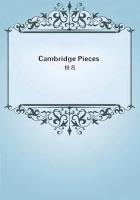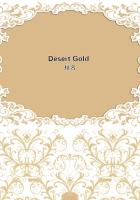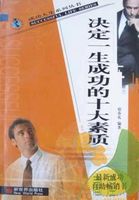The devices by which oligarchies deceive the people are five in number; they relate to (1) the assembly; (2) the magistracies; (3) the courts of law; (4) the use of arms; (5) gymnastic exercises. (1) The assemblies are thrown open to all, but either the rich only are fined for non-attendance, or a much larger fine is inflicted upon them. (2) to the magistracies, those who are qualified by property cannot decline office upon oath, but the poor may. (3) In the law courts the rich, and the rich only, are fined if they do not serve, the poor are let off with impunity, or, as in the laws of Charondas, a larger fine is inflicted on the rich, and a smaller one on the poor.
In some states all citizen who have registered themselves are allowed to attend the assembly and to try causes; but if after registration they do not attend either in the assembly or at the courts, heavy fines are imposed upon them. The intention is that through fear of the fines they may avoid registering themselves, and then they cannot sit in the law-courts or in the assembly. concerning (4) the possession of arms, and (5) gymnastic exercises, they legislate in a similar spirit. For the poor are not obliged to have arms, but the rich are fined for not having them; and in like manner no penalty is inflicted on the poor for non-attendance at the gymnasium, and consequently, having nothing to fear, they do not attend, whereas the rich are liable to a fine, and therefore they take care to attend.
These are the devices of oligarchical legislators, and in democracies they have counter devices. They pay the poor for attending the assemblies and the law-courts, and they inflict no penalty on the rich for non-attendance. It is obvious that he who would duly mix the two principles should combine the practice of both, and provide that the poor should be paid to attend, and the rich fined if they do not attend, for then all will take part; if there is no such combination, power will be in the hands of one party only. The government should be confined to those who carry arms. As to the property qualification, no absolute rule can be laid down, but we must see what is the highest qualification sufficiently comprehensive to secure that the number of those who have the rights of citizens exceeds the number of those excluded. Even if they have no share in office, the poor, provided only that they are not outraged or deprived of their property, will be quiet enough.
But to secure gentle treatment for the poor is not an easy thing, since a ruling class is not always humane. And in time of war the poor are apt to hesitate unless they are fed; when fed, they are willing enough to fight. In some states the government is vested, not only in those who are actually serving, but also in those who have served; among the Malians, for example, the governing body consisted of the latter, while the magistrates were chosen from those actually on service. And the earliest government which existed among the Hellenes, after the overthrow of the kingly power, grew up out of the warrior class, and was originally taken from the knights (for strength and superiority in war at that time depended on cavalry; indeed, without discipline, infantry are useless, and in ancient times there was no military knowledge or tactics, and therefore the strength of armies lay in their cavalry). But when cities increased and the heavy armed grew in strength, more had a share in the government; and this is the reason why the states which we call constitutional governments have been hitherto called democracies. Ancient constitutions, as might be expected, were oligarchical and royal; their population being small they had no considerable middle class; the people were weak in numbers and organization, and were therefore more contented to be governed.
I have explained why there are various forms of government, and why there are more than is generally supposed; for democracy, as well as other constitutions, has more than one form: also what their differences are, and whence they arise, and what is the best form of government, speaking generally and to whom the various forms of government are best suited; all this has now been explained.















